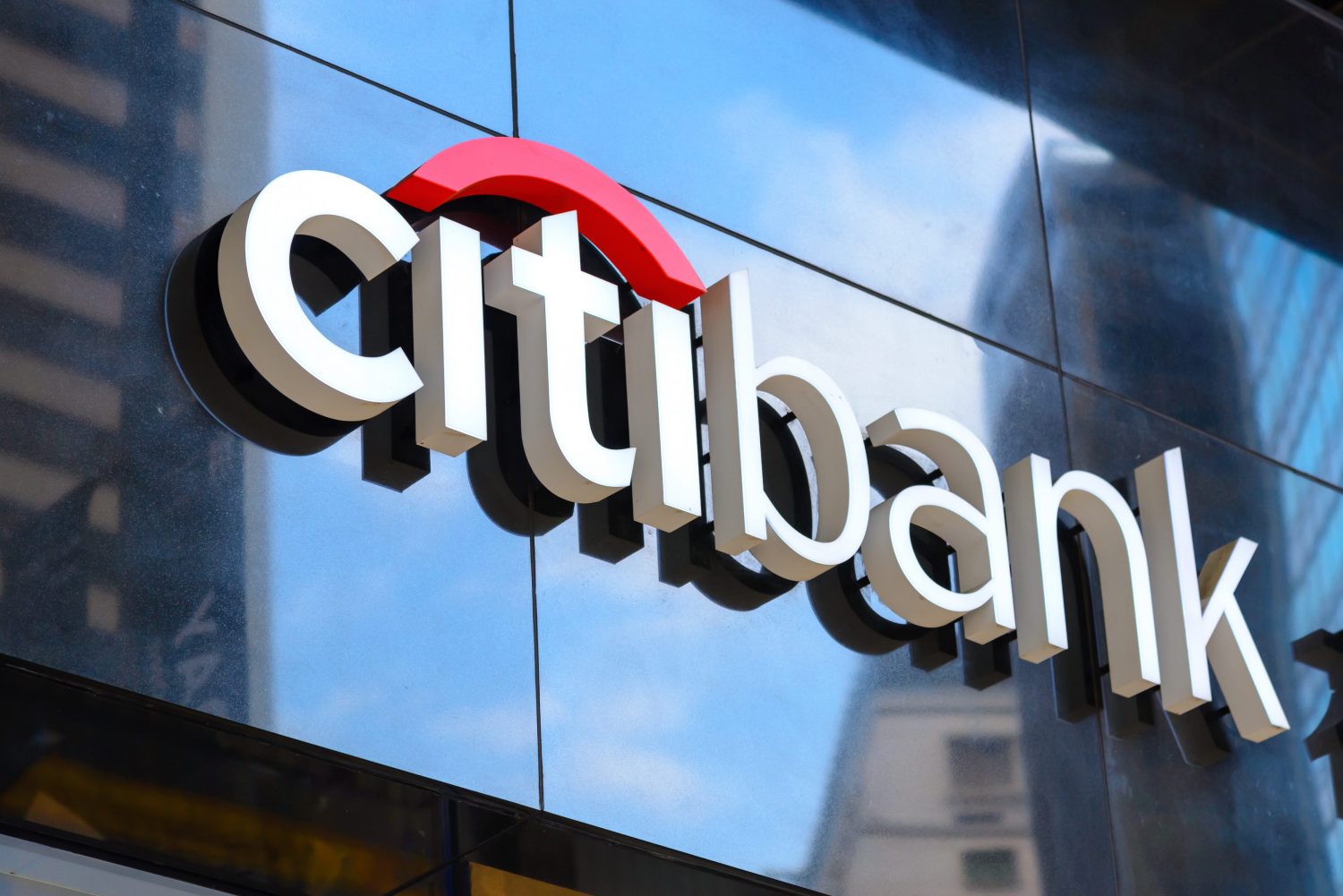A Vision for Digital Property Rights, Feat. Nic Carter
Credit: Maisei Raman/Shutterstock
A Vision for Digital Property Rights, Feat. Nic Carter
Most people today look at social platforms like any other private company, but what if we saw them as alternative jurisdictions with a new set of property rights?
For more episodes and free early access before our regular 3 p.m. Eastern time releases, subscribe with Apple Podcasts, Spotify, Pocketcasts, Google Podcasts, Castbox, Stitcher, RadioPublica, iHeartRadio or RSS.
This episode is sponsored by Bitstamp and Ciphertrace.
Today on the Brief:
- A record week for peer-to-peer exchanges in the developing world
- A digital dollar gets discussed in Congress
- Previewing the Federal Reserve’s FOMC guidance
Our main topic: A brainstorm on digital property rights
Here’s a radical idea. What if your time and effort building a following on social media and serving that following with your content meant you had distinct property rights protecting it on social media platforms?
It’s wild in the context of today’s terms of service, but has significant legal precedent in the world of physical land, call it digital homesteading.
In this new type of deep-dive 20-minute episode we’re calling a “Breakdown Brainstorm,” Castle Island Ventures investor Nic Carter looks at:
- The two schools of thought around digital property rights
- The historical precedent for squatter’s rights
- What the specific example of the USA’s Westward Expansion can teach us
- Why this type of approach can be highly economically generative, according to economists like De Soto
- How John Locke’s theories provide a moral basis for the argument
- Why today’s platforms are akin to anti-democratic feudal lords
- How bitcoin provides a model and a mechanism for digital rights enforced on the protocol level rather than by a state or other external actor
Find our guest online:
Twitter: @nic__carter
Website: niccarter.info
For more episodes and free early access before our regular 3 p.m. Eastern time releases, subscribe with Apple Podcasts, Spotify, Pocketcasts, Google Podcasts, Castbox, Stitcher, RadioPublica, iHeartRadio or RSS.
Disclosure
The leader in blockchain news, CoinDesk is a media outlet that strives for the highest journalistic standards and abides by a strict set of editorial policies. CoinDesk is an independent operating subsidiary of Digital Currency Group, which invests in cryptocurrencies and blockchain startups.









